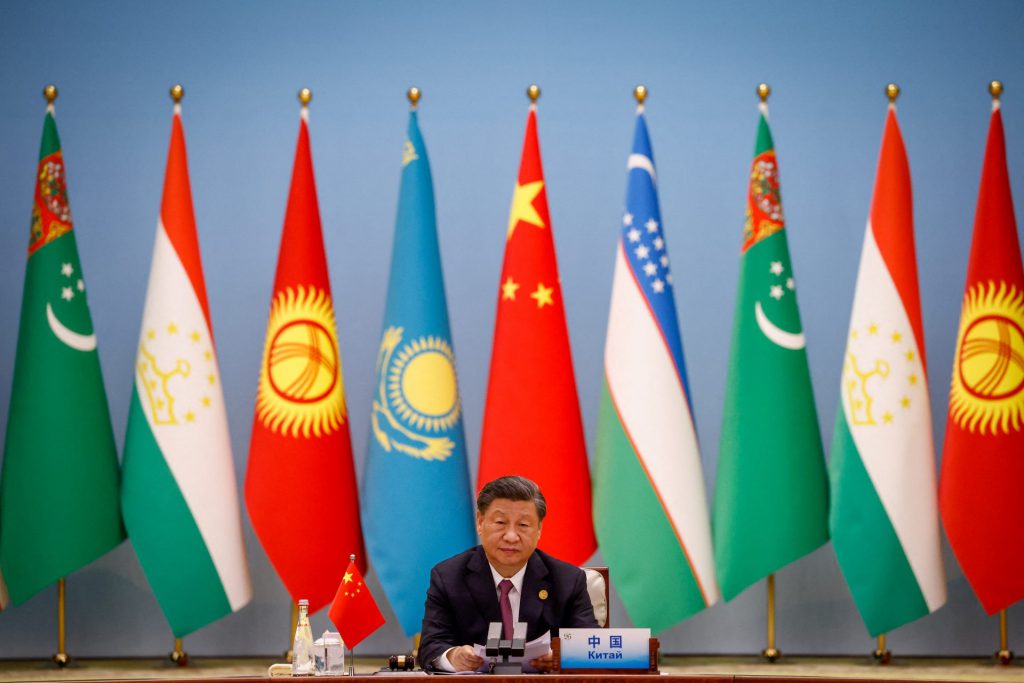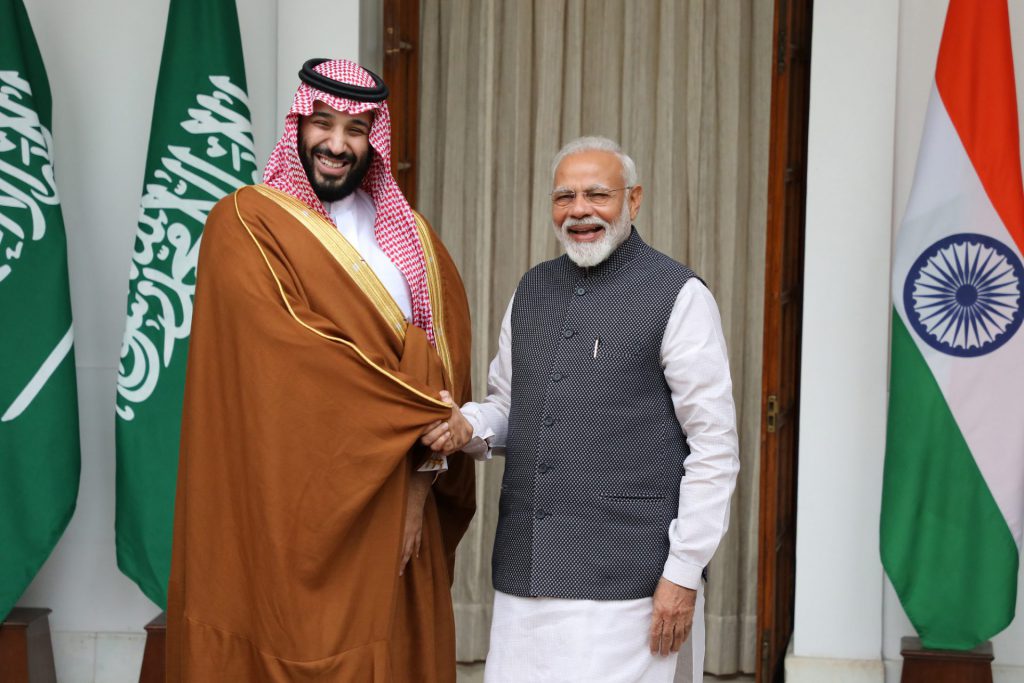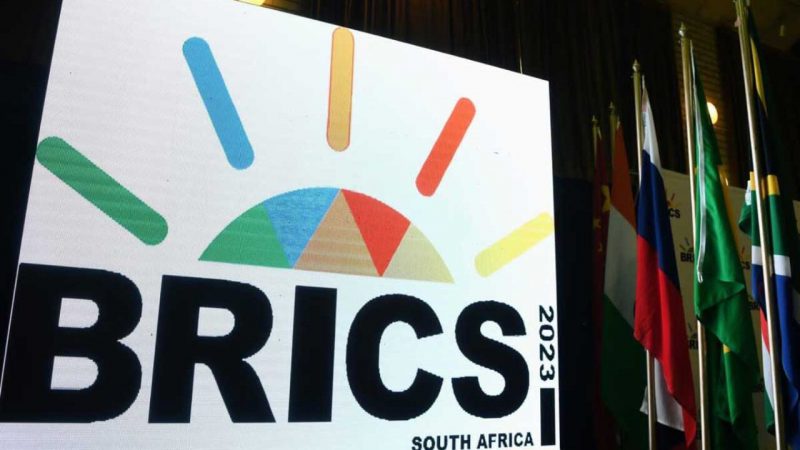Recent statements from Russia’s President, Vladimir Putin, have signified a shift in global power dynamics. Moreover, he discussed the overall change in economic status, discussing why BRICS expansion and the overall GDP trend could soon propel the alliance beyond the G7 grouping.
The BRICS bloc has seen its nation’s GDP trend upward, with the past twenty years signifying important growth. Additionally, the perception has always been that the economic alliance could one day stand on equal footing with the Western collective. Now, following expansion, that ascension may just continue.


Also Read: BRICS De-Dollarization Becoming a Reality
BRICS Maintains Potential to Overtake G7
The BRICS economic alliance shifted the global power balance when it announced its invitation to six countries. Indeed, the bloc welcomed Saudi Arabia, the United Arab Emirates (UAE), Iran, Egypt, Ethiopia, and Argentina to its ranks. Subsequently, it created what may well be massive geopolitical ramifications.
Now, those may soon be coming to fruition, as that BRICS expansion and the ongoing GDP trend could propel the collective beyond the G7. Russian President Vladimir Putin recently made comments regarding the closing gap between the countries. Moreover, he referenced de-dollarization and GDP development as the foundation of its ascension beyond the Western group.


Also Read: BRICS a Focus of Saudi Arabia’s $1.1 Trillion Economy Plan
The idea is certainly not unfounded, as BRICS has noted a GDP upward trajectory since Jim O’Neill first coined the acronym in 2001. Moreover, O’Neill predicted the BRICS bloc to lead global economic powers by the year 2050. Currently, with the growing economic power of nations like India, that could be a reality.
Still, the actions of the BRICS bloc, outside of Putin’s comments, don’t seem to desire that kind of ascension. The economic alliance has consistently spoken of multipolarity. Moreover, they have included developing nations like Egypt and Ethiopia in their expansion efforts. Subsequently, it has set a precedent that values growth, promotes cooperation, and has an eye toward the needs of developing economies.
The inclusion of Saudi Arabia and the UAE certainly speaks to potential propulsion beyond Western nations. However, the balance of those countries has shown that it may not be in the cards to dominate global economics. Yet, that does seem to be part of the overall plan. forBRICS. Their de-dollarization hopes and member countries speak to the desire for greater equality throughout global economics. That may not usurp the G7 in the short term, but it certainly could present a shifting tide over time.





